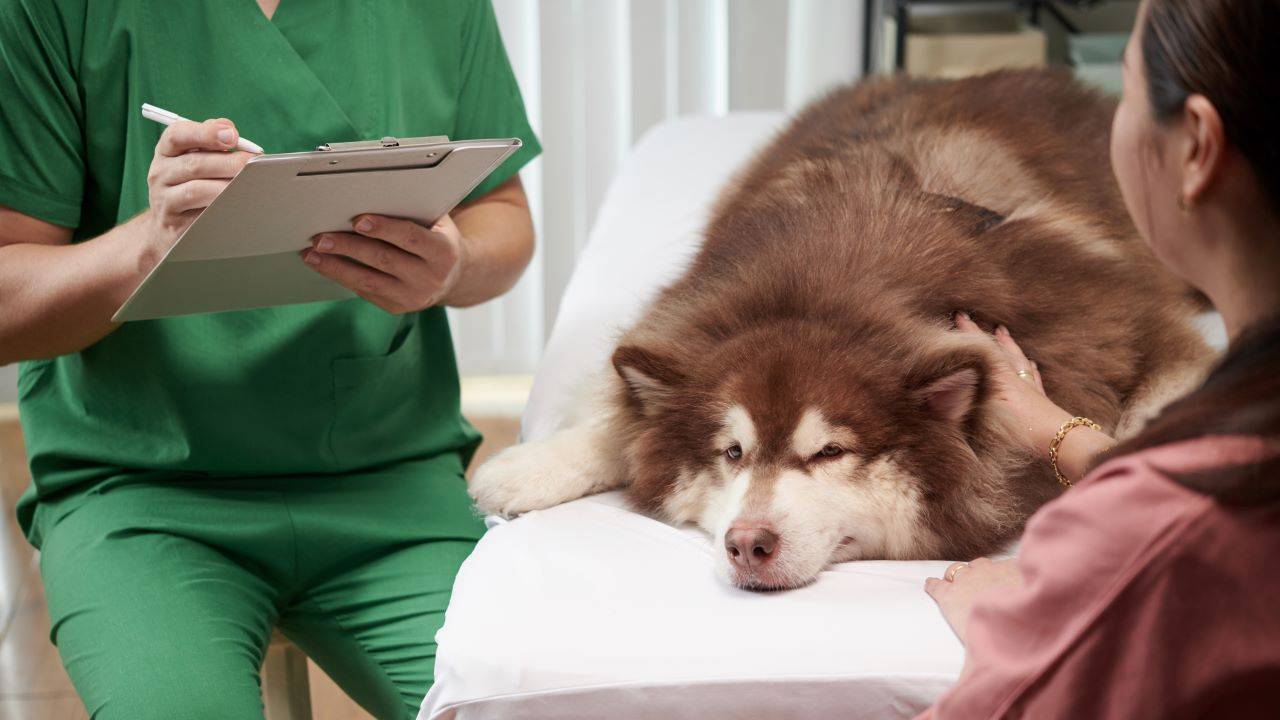Kidney disease is a prevalent and serious condition in pets, especially as they age. It can lead to a variety of health issues if not detected and managed promptly. Understanding kidney disease, its causes, and early signs is crucial for pet owners. Increased thirst, frequent urination, weight loss, and lethargy are some early indicators that should not be ignored. With early diagnosis and appropriate care, the progression of kidney disease can be slowed, significantly enhancing the quality of life for affected pets.
Understanding Kidney Disease in Pets
Kidney disease occurs when the kidneys can no longer function properly, leading to a buildup of waste products in the blood. This condition can be acute or chronic, with chronic kidney disease (CKD) being more common in older pets. The kidneys play a crucial role in filtering waste from the blood, balancing electrolytes, and managing fluid balance. When they fail to perform these functions, it results in serious health issues for pets.
Early Signs of Kidney Disease:
- Increased thirst: Pets may drink more water than usual.
- Frequent urination: They may urinate more often and in larger volumes.
- Weight loss: A noticeable decline in weight can occur due to reduced appetite.
- Lethargy: Pets may show decreased energy levels and reluctance to engage in usual activities.
- Bad breath: A foul odor from the mouth can be a sign of waste buildup in the body.
- Poor coat condition: The pet’s fur might appear dull and unkempt.
Recognizing these early signs is vital. Regular veterinary check-ups, including blood and urine tests, can help in early diagnosis. Blood tests may reveal elevated levels of blood urea nitrogen (BUN) and creatinine, which are indicators of kidney function. Urine tests can show abnormalities like diluted urine or the presence of protein, which further point to kidney issues.
Early diagnosis and intervention can significantly slow the progression of the disease, improving the quality of life for pets. By understanding the signs and underlying mechanisms of kidney disease, pet owners can take proactive steps in maintaining their pet’s health.
Preventive Measures
Preventing kidney disease in pets involves several proactive steps that pet owners can take to maintain their pets’ kidney health. By focusing on preventive care, the risk of developing kidney disease can be significantly reduced.
Key Preventive Measures:
Hydration: Ensuring your pet has constant access to fresh, clean water is essential. Proper hydration helps the kidneys filter waste efficiently and prevents the concentration of toxins.
Balanced Diet: Feeding your pet a nutritious, balanced diet tailored to their specific needs is crucial. Some pets may benefit from special diets designed to support kidney health, which can be recommended by your veterinarian.
Regular Veterinary Check-ups: Routine vet visits are vital for early detection of kidney issues. Blood and urine tests can identify early signs of kidney disease, allowing for timely intervention.
Avoiding Toxins: Keep pets away from harmful substances such as certain medications, antifreeze, and household chemicals that can damage the kidneys. Some foods, like grapes and raisins, are also toxic to pets and should be avoided.
Dental Care: Good oral hygiene can prevent infections that might affect the kidneys. Regular dental cleanings and home dental care can help maintain overall health.
By implementing these preventive measures, pet owners can help protect their pets from kidney disease. Early and proactive care can make a significant difference, ensuring that pets remain healthy and vibrant throughout their lives. Regular monitoring and a commitment to preventive health are key components in managing the risk of kidney disease.
Care Strategies for Pets with Kidney Disease
Caring for a pet with kidney disease requires a multifaceted approach to manage the condition effectively and improve the pet’s quality of life. A combination of dietary management, medication, and regular veterinary care forms the backbone of an effective treatment plan.
Dietary Management:
- Kidney-Friendly Diets: Specialized diets low in phosphorus and protein can reduce the workload on the kidneys and help manage the disease. These diets are also often enriched with omega-3 fatty acids, which can reduce inflammation.
- Hydration: Maintaining proper hydration is crucial. Encourage your pet to drink water frequently, and consider incorporating wet food into their diet to increase fluid intake.
Medications:
- Phosphate Binders: These can help control phosphorus levels in the blood, which is important for slowing the progression of kidney disease.
- Blood Pressure Medications: High blood pressure is a common issue in pets with kidney disease and can further damage the kidneys if left untreated.
- Erythropoietin: In some cases, pets with kidney disease may develop anemia. Erythropoietin can stimulate red blood cell production to address this issue.
Regular Veterinary Care:
- Frequent Monitoring: Regular blood and urine tests are essential to monitor the progression of the disease and adjust treatment plans as needed.
- Fluid Therapy: For pets with advanced kidney disease, subcutaneous fluid therapy can help maintain hydration and kidney function.
By combining these strategies, pet owners can help manage their pets’ kidney disease effectively. Close collaboration with a veterinarian is essential to tailor the care plan to the pet’s specific needs and ensure the best possible outcomes.
Ensuring Your Pet’s Health in The Villages and Beyond
Addressing kidney disease in pets with early detection, preventive measures, and comprehensive care strategies can make a significant difference in their quality of life. At easyvet Magnolia, our dedicated team is committed to providing top-notch veterinary care tailored to your pet’s needs. Don’t wait to take action, ensure your pet’s health today. Book an appointment with us now and give your pet the care they deserve.





